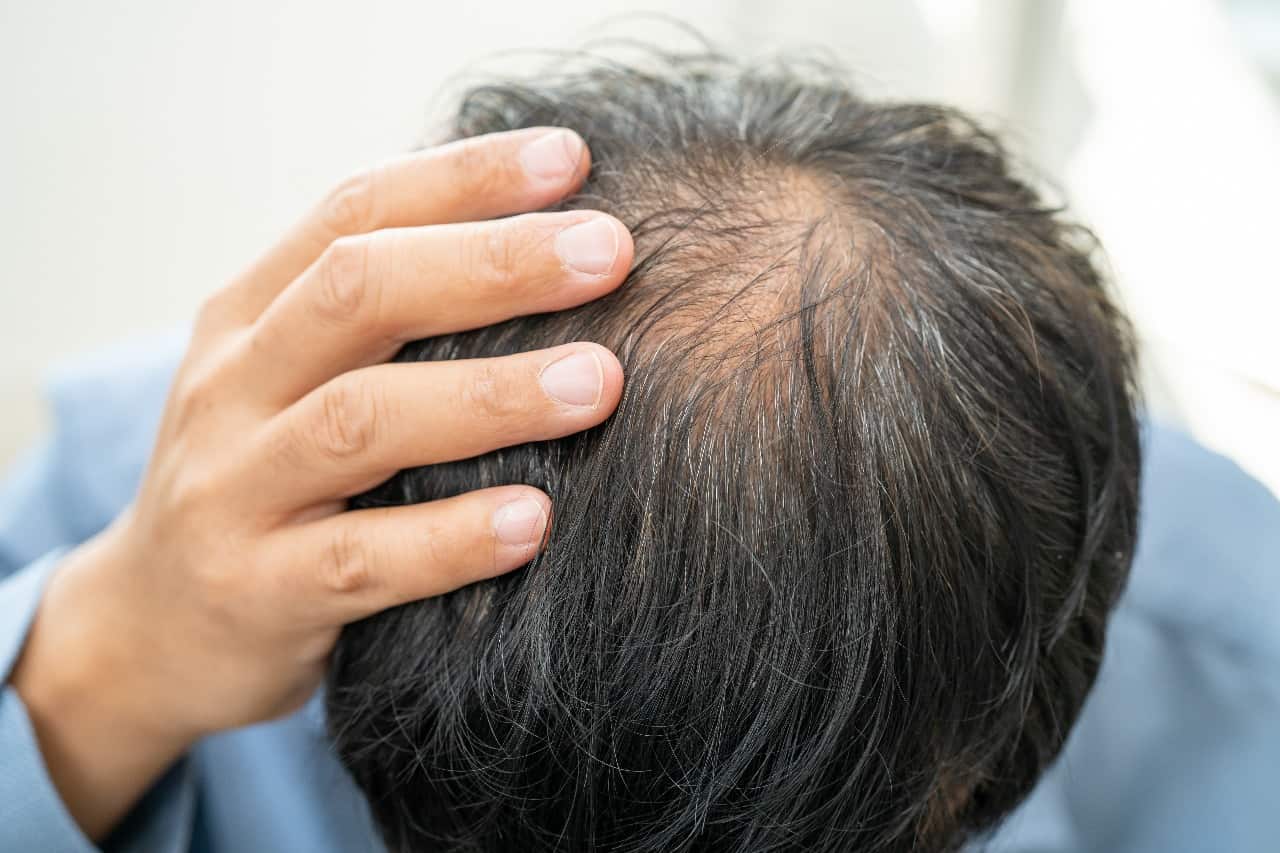If you’ve started losing hair, you’ll know it’s not just about looks, it can affect how you feel day to day. And while oral medications have helped some, they’re not always the right fit for everyone. That’s why there’s growing interest in alternatives like topical finasteride in the UK.
It’s a non-oral option designed to treat hair loss locally and many are wondering if it’s the safer way forward. In this blog, we’ll explain what it is, how it works, and who it might be right for.
What Is Topical Finasteride and Why Is It Gaining Attention in the UK?
Topical finasteride is a prescription medication used directly on the scalp to treat hair loss. Unlike its oral counterpart, which works systemically, the topical version is designed to deliver the active ingredient right where it’s needed most, the scalp.
It works as a DHT blocker topical. DHT (dihydrotestosterone) is the hormone linked to androgenetic hair loss, the most common type affecting both men and women. Because it targets DHT locally, topical finasteride appeals to those looking for a non-oral finasteride solution that may limit unwanted systemic side effects.
How Topical Finasteride Works for Hair Loss?
Topical finasteride works by reducing DHT levels in the scalp, which in turn prevents further shrinking of the hair follicles. This can slow down or even reverse signs of hair thinning over time.
Because the medication is applied directly to the scalp, it offers more localised absorption compared to the oral tablet, which circulates through the bloodstream. This targeted action makes it particularly effective for treating androgenetic hair loss, without overwhelming the rest of the body.
Topical Finasteride vs Minoxidil
While both are used in hair loss treatments, they work quite differently. Finasteride blocks DHT, while minoxidil stimulates blood flow and encourages growth. Many patients benefit from using both together, which is a treatment approach we often customise at The Hairology Centre.
Is Topical Finasteride Safer?
One of the biggest concerns with oral finasteride is potential side effects from reduced libido to mood changes. With topical finasteride, the risk of systemic absorption is significantly lower, meaning fewer side effects for many users.
The Role of Finasteride Spray in Hair Regrowth Treatment
Our finasteride spray hair loss solution is simple to use, discreet, and fits seamlessly into most routines. It offers a more consistent dosage with improved patient compliance.
We’ve observed positive outcomes in patients using our prescription hair treatment sprays, especially when combined with other treatments like minoxidil or collagen induction therapy.
Who Should Use a Non-Oral Finasteride Solution?
Topical finasteride can be a great option for men and women with early-stage hair thinning, those post-hair transplant, or anyone concerned about systemic side effects.
But, and this is crucial, it’s not for everyone. A proper diagnosis, scalp examination, and full medical history are essential. That’s exactly what we offer at The Hairology Centre, i.e., personalised care, not generic online prescriptions.
Is Topical Finasteride the Right Choice for You?
Hair loss treatment works best when started early. If you’re curious about a non-oral finasteride solution, or looking for something with fewer side effects, a finasteride spray hair loss option might be right for you under professional guidance.
Book a consultation with us today and take the first step towards a personalised, prescription-based hair solution because your hair deserves more than a one-size-fits-all approach.

